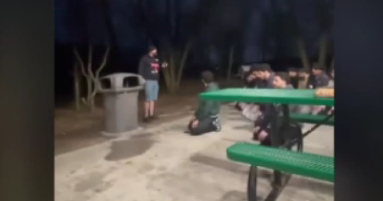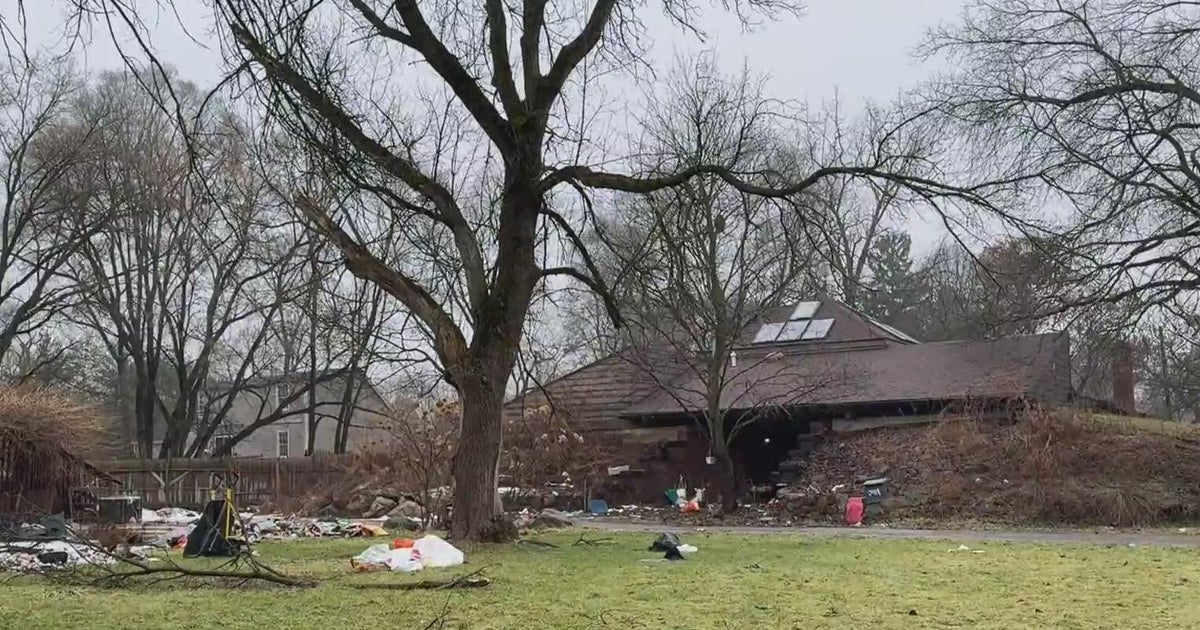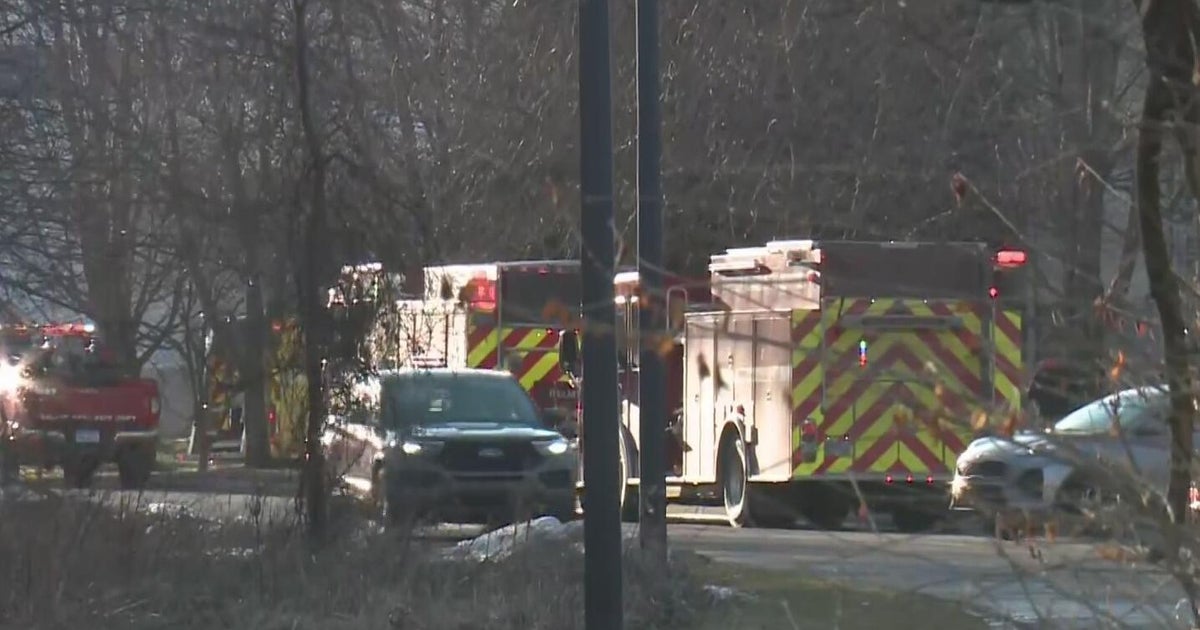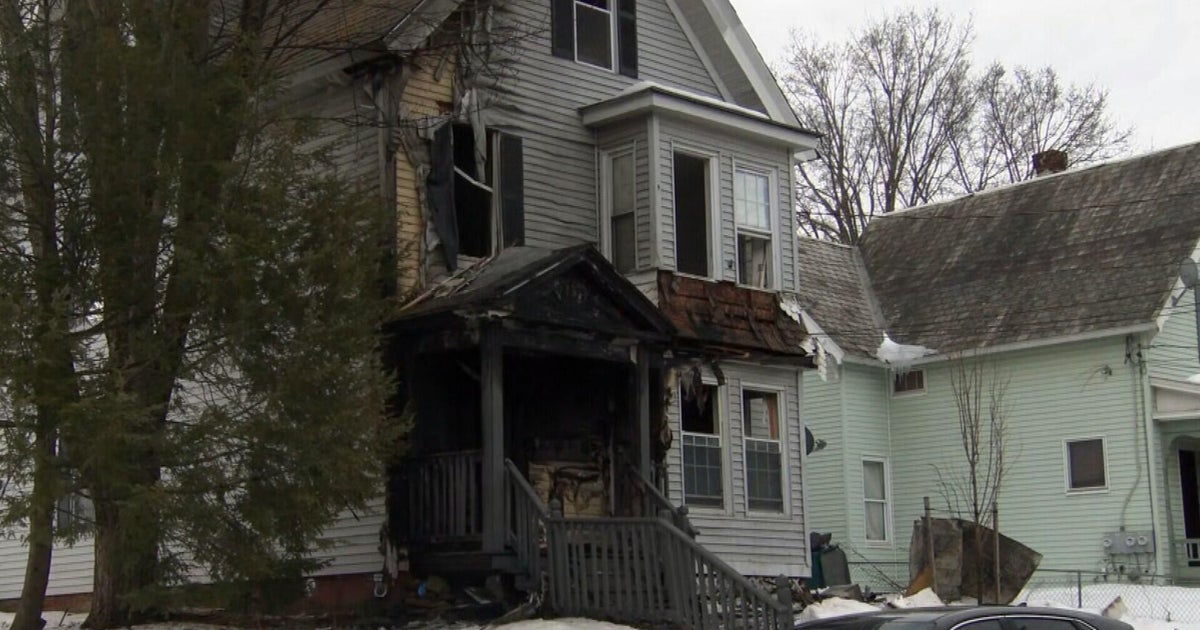Locations Of Dangerous Dogs Kept Secret In Many North Texas Cities
NORTH TEXAS (CBSDFW.COM) - Most cities in the Metroplex deem animals dangerous if they pose a risk to the public. But where those pets live can sometimes remain a secret.
Under state law, a "dangerous" dog falls under two definitions:
(A) makes an unprovoked attack on a person that causes bodily injury and occurs in a place other than an enclosure in which the dog was being kept and that was reasonably certain to prevent the dog from leaving the enclosure on its own; or
(B) commits unprovoked acts in a place other than an enclosure in which the dog was being kept and that was reasonably certain to prevent the dog from leaving the enclosure on its own and those acts cause a person to reasonably believe that the dog will attack and cause bodily injury to that person.
Cities like Dallas maintain a public registry anyone can search online.
"People should be able to enjoy themselves and feel safe walking in their neighborhood," said Ann Barnes, a field manager with Dallas Animal Services. The online list includes photos of the dogs, along with their owner's name and address.
"That is what the website is for," Barnes said. "To inform the public of dogs living in the city deemed dangerous."
Fort Worth, Arlington and Plano all follow the same practice.
But The Ones For Justice found most cities keep their registries offline or completely private.
Twenty-eight percent of cities said they would release the information through an open records request, while 33% refuse to share any details at all.
The city of Garland does not use a registry because once a dog is deemed dangerous, it either needs to move out of town or face euthanization.
"We don't allow dogs that are deemed dangerous by us or by anybody else," said Jason Chessher, the director of health for the city of Garland. "In the case of a severe attack or a severe bite, it's hard to justify keeping that animal in town."
But pet owner Sherry Mock said she believes the system is far from perfect.
"The city of Garland totally let us down," Mock said.
Last summer, two dogs with a history of aggression mauled her pet, Buddie.
The attack happened after the city had received half a dozen complaints about the dogs getting loose.
"They hunted him down and they killed him," Mock said.
The city picked up the dogs, one with dried blood on it, and deemed both animals dangerous.
A few days later, their owner appealed the designation, claiming no one witnessed the attack.
The owner won and the dogs went home. Mock said no one bothered to even tell her.
"It's like a punch in the gut," Mock said. "It feels horrible! I don't have my dog anymore, and she gets to keep her dogs."
Because of this incident, Chessher said the city now ensures victims are notified of appeals.
"The Mocks were upset that we didn't notify them of the appeal hearing, and I think that's a legitimate issue," Chessher said.
But the health director emphasized that the appeal hinges strictly on documentation, with no testimony allowed.
"In both cases, you're dealing with what people consider to be a family member," Chessher said. "It's an emotional issue for both sides."
Garland isn't the only city that doesn't allow dogs.
The Ones For Justice created a map of ordinances that shows which registries are public.
The maps also note the dangerous dogs CBS 11 found across Dallas-Fort Worth.
RELATED STORY
Dallas Dog Owner Appealing Pet's Double Designation As 'Dangerous' And 'Aggressive'







